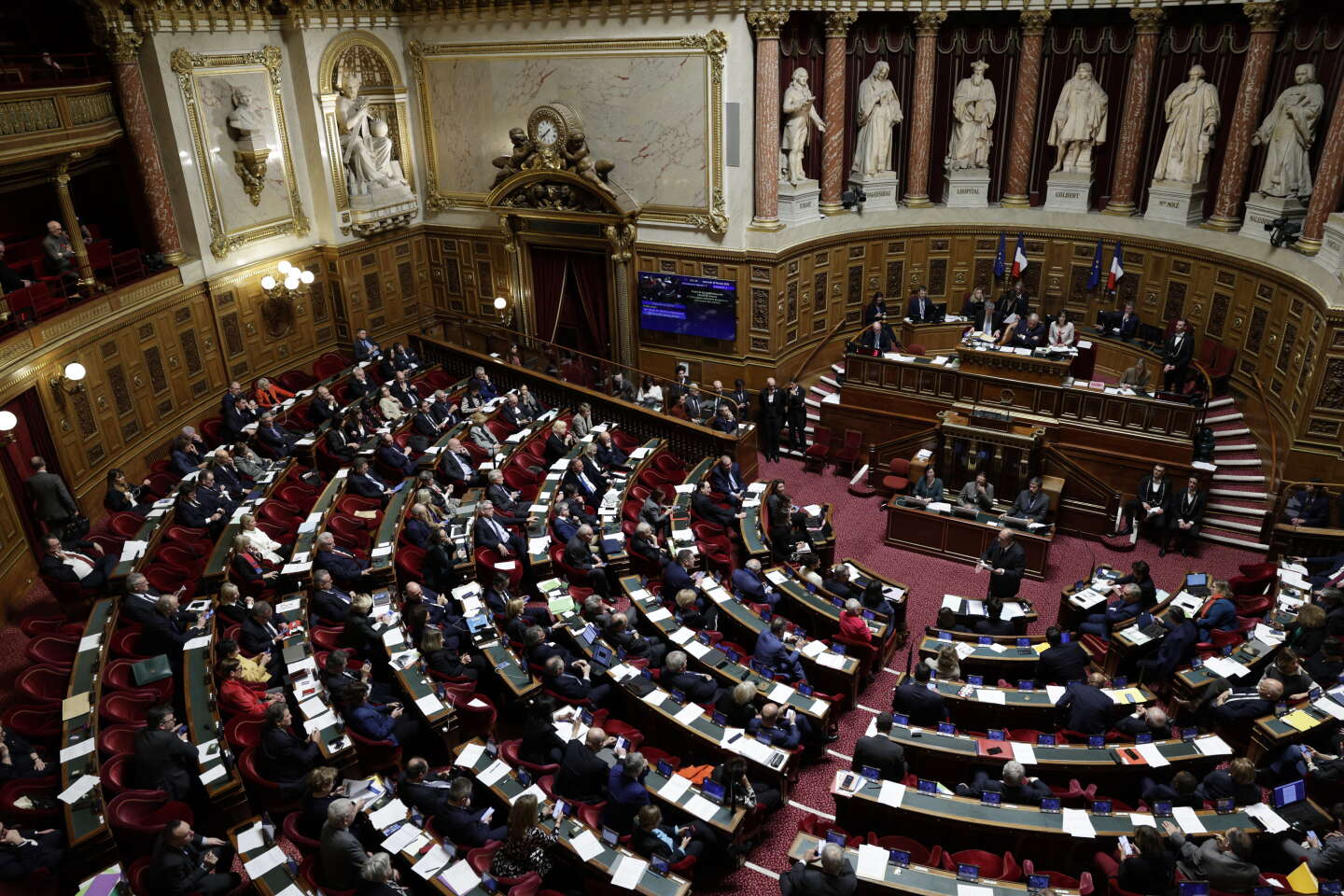


Sometimes it's better to strike while the iron is hot. By dragging out the process of approving the Comprehensive Economic and Trade Agreement (CETA) between the European Union and Canada, the French government has unwittingly jeopardized its ratification by the Sénat.
Although this bill has been provisionally in effect since 2017, and was adopted by the Assemblée Nationale in 2019, it had still not been submitted to the Sénat for approval, as the government had not scheduled it on its agenda. The minority Communist group in the Sénat has decided to finally allow senators to take a stand on CETA, in a vote on Thursday, March 21.
While the move may have been unexpected, it was no accident: In the wake of the wave of farmers' unrest that has shaken Europe, free trade is now more than ever a highly volatile political issue. With an alliance of convenience taking shape in the Sénat between a section of the left and the right-wing majority, this choice of timing was intended to weaken a bill which, on the whole, is favorable to the French economy.
Farmers' anger has particularly flared up in denouncing the free-trade agreement with the Mercosur countries (Argentina, Brazil, Paraguay and Uruguay). The adoption of this treaty has been indefinitely postponed, and rightly so, notably due to pressure from France. Its environmental and social ambitions were not up to European standards, and threatened to create unfair competition for our farmers. By putting the text on the Sénat's agenda, the Communists have aimed to draw on this wave of opposition to free trade to oppose the agreement.
Favorable initial assessment
However, the CETA is not on the same level as the Mercosur agreement. The two texts have very little in common. The clauses that have been negotiated, the structure of trade and trading partners' levels of development are all very different. Above all, the provisional implementation of the agreement with Canada has made it possible to assess the initial results, which are very much in Europe's favor.
Over a six-year period, exports to Canada have increased by a third, and the surplus in the agricultural and food sectors has tripled. Many sectors (steel, textiles and services) have been major winners. As for fears about livestock farming, they have not materialized: Canadian meat imports as a proportion of European consumption have remained extremely low. By imposing European health standards for exports to the EU, the CETA has notably barred the entry of Canadian beef produced with growth hormones. Concurrently, customs duties have been lifted on dozens of products with European geographical indications, which have remained protected from counterfeiting.
Over and above its contribution to our foreign trade balance, the CETA has made it possible to secure certain value chains for critical metals that are essential to the energy transition, and to diversify our hydrocarbon supplies at a time when we no longer have access to Russian oil and gas.
The era of harmonious globalization and unfettered free trade is well and truly over. Yet we need to exercise a modicum of discernment and avoid falling into demagoguery. In a fragmented world, where the number of reliable trading partners is dwindling, it would be both economically and geopolitically damaging to abandon our desire to trade on a balanced basis with countries that share our interests.
